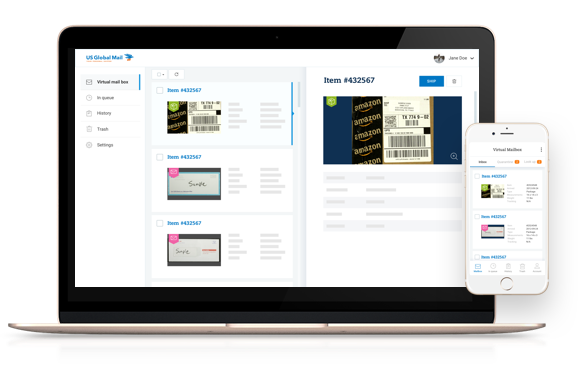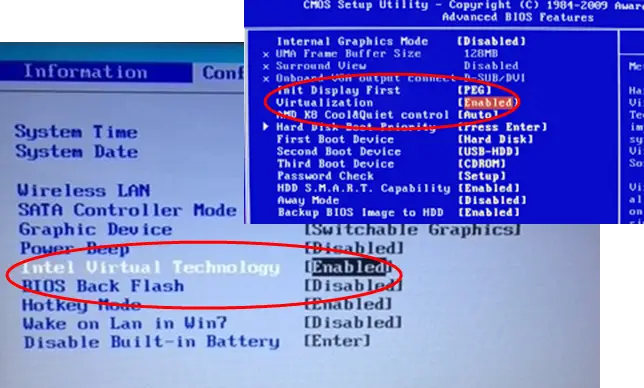As the world becomes more and more digital, healthcare is following suit. With the rise of telemedicine, virtual doctors are becoming a popular way for patients to receive medical care without ever leaving their homes. But just how effective are these virtual doctors? Can they accurately diagnose a common illness like strep throat?
Strep throat is a bacterial infection that causes inflammation and pain in the throat. Traditionally, a doctor would diagnose this illness by conducting a physical exam and taking a throat culture. However, with the advent of telemedicine, some doctors are diagnosing strep throat virtually. While this may seem like a convenient and time-saving option, it begs the question: can virtual doctors really provide an accurate diagnosis without physically examining the patient? In this article, we will explore the pros and cons of virtual diagnosis for strep throat and determine if it is a viable option for patients.
Yes, virtual doctors can diagnose strep throat. Virtual doctors, or telemedicine doctors, use video conferencing technology to diagnose illnesses remotely. During a virtual visit, the doctor will ask you questions about your symptoms and may even ask you to perform a few simple tests. The doctor will then be able to make a diagnosis and recommend treatment. If necessary, they may also refer you to a specialist or order additional tests.

Can Virtual Doctors Diagnose Strep Throat?
In recent years, virtual doctors have become a viable alternative to in-person visits for many medical diagnoses. Virtual doctors can diagnose a range of illnesses and ailments, from the common cold to more serious conditions. But can virtual doctors diagnose strep throat?
What is Strep Throat?
Strep throat, also known as streptococcal pharyngitis, is a bacterial infection of the throat and tonsils. It is caused by group A Streptococcus bacteria, also known as Streptococcus pyogenes. Common symptoms of strep throat include sore throat, fever, swollen tonsils, and white patches on the throat and tonsils. Strep throat can be treated with antibiotics, but if left untreated, it can lead to serious complications such as rheumatic fever, kidney inflammation, and sinus infections.
Can Virtual Doctors Diagnose Strep Throat?
Yes, virtual doctors can diagnose strep throat with a high degree of accuracy. Virtual doctors use a combination of visual inspection and laboratory tests to diagnose strep throat. During a virtual visit, the doctor will ask the patient about their symptoms and take a detailed medical history. The doctor can then examine the throat and tonsils using a video camera or microphone. If the doctor suspects strep throat, they will order a throat swab and/or blood test to confirm the diagnosis.
If the lab test confirms the diagnosis of strep throat, the virtual doctor can prescribe the appropriate antibiotics. In some cases, the doctor may recommend an in-person visit for further evaluation or to discuss other treatment options.
Virtual doctors are a convenient and efficient option for diagnosing strep throat. They provide patients with access to quality medical care without the need to leave the comfort of their own home.
Frequently Asked Questions
Are virtual doctors able to diagnose strep throat?
Yes, virtual doctors are able to diagnose strep throat. In fact, there are a number of services that offer telemedicine visits with doctors who specialize in diagnosing and treating strep throat. During these telemedicine visits, the doctor will be able to ask questions, review medical records, and perform certain tests to determine whether or not you have strep throat.
Can virtual doctors diagnose strep throat?
Yes, virtual doctors are able to diagnose strep throat. During a telemedicine visit, the doctor can ask questions, review medical records and perform certain tests to determine if you have strep throat. Some telemedicine services specialize in diagnosing and treating strep throat. These doctors can provide a diagnosis and treatment plan that can be done from the comfort of your own home.
What tests are used to diagnose strep throat?
The most commonly used test for diagnosing strep throat is a rapid strep test. This test is used to detect the presence of the Streptococcus bacteria in the throat and is usually done with a swab. The test results are usually available within a few minutes. Other tests that may be used to diagnose strep throat include throat cultures and blood tests.
What are the symptoms of strep throat?
The most common symptoms of strep throat are a sore throat, fever, swollen lymph nodes, and difficulty swallowing. Other symptoms may include headache, nausea, vomiting, and body aches. If you are experiencing any of these symptoms, it is important to seek medical attention as soon as possible.
Can strep throat be treated at home?
In most cases, strep throat can be treated at home with antibiotics. However, it is important to seek medical advice before starting any treatment. The doctor will be able to determine if antibiotics are necessary and what type of medication is best for you. If antibiotics are prescribed, it is important to take them as directed and complete the full course of treatment.
What are the complications of strep throat?
Complications of strep throat can include rheumatic fever, kidney inflammation, and heart problems. If left untreated, strep throat can also spread to other parts of the body and cause more serious infections. It is important to seek medical attention as soon as possible if you think you may have strep throat.

In conclusion, the concept of virtual doctors has revolutionized the healthcare industry by providing patients with a more convenient and accessible way to receive medical attention. While virtual doctors may not be able to physically examine patients, they can still diagnose certain conditions, such as strep throat, through a combination of video consultations and online assessments. This has made it possible for patients to receive prompt treatment for their conditions without having to leave their homes.
However, it is important to note that virtual doctors should not be relied upon as a substitute for in-person medical care. In cases where a physical examination is necessary, patients should seek medical attention from a traditional healthcare provider. Nonetheless, the emergence of virtual doctors has undoubtedly made healthcare more accessible and convenient, and will continue to play an important role in the future of healthcare.



